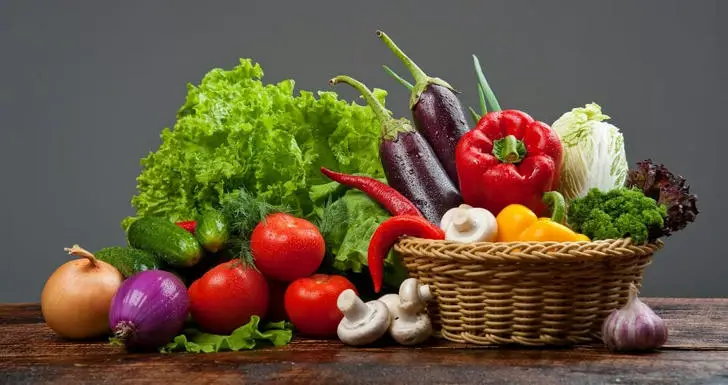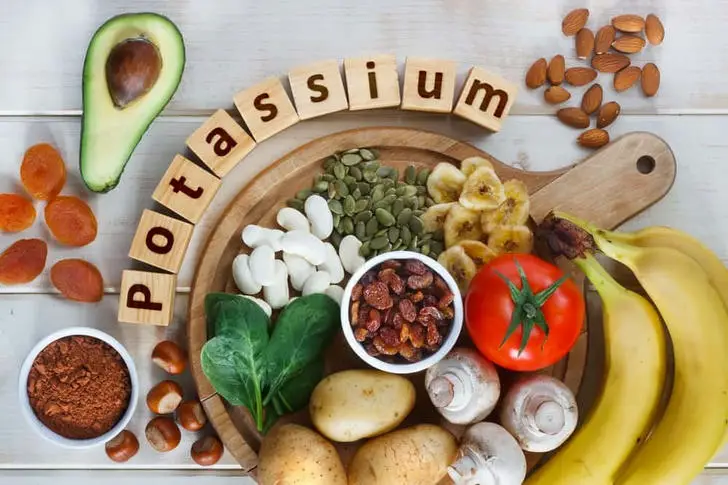20 Surprising Factors That Can Harm Your Kidneys
Advertisement
11. Importance of Vegetables in a Healthy Diet

Vegetables play a crucial role in maintaining a healthy diet as they provide essential nutrients for our body's proper functioning. However, it's important to be mindful of certain vegetables that contain high amounts of potassium, as excessive intake can have harmful effects on the body.
While our kidneys are capable of managing normal potassium levels, they can struggle to handle extreme levels of potassium. Typically, the concentration of potassium in the blood is lower compared to that within the cells of our body.
When there is an excessive buildup of potassium in the body, it leads to high levels of potassium in the blood. This can cause cellular damage, metabolic issues, and kidney problems. In some cases, it may even result in irregular heartbeats or cardiac arrest.

Unfortunately, symptoms of high potassium levels are not easily noticeable until they reach significantly high levels. Some symptoms include muscular weakness that may progress to paralysis. The level of potassium can only be determined through medical check-ups with a doctor, which is why regular check-ups are important.
For individuals with existing kidney problems, monitoring potassium levels is a routine test. This is especially true if there are medical conditions or the use of medications that can increase potassium levels. If you have compromised kidney function, it is advisable to avoid excessive consumption of foods such as bananas, raisins, prunes, collard greens, cantaloupe, tomatoes, potatoes, beet greens, yams, and brown mushrooms, as these can worsen your condition.
